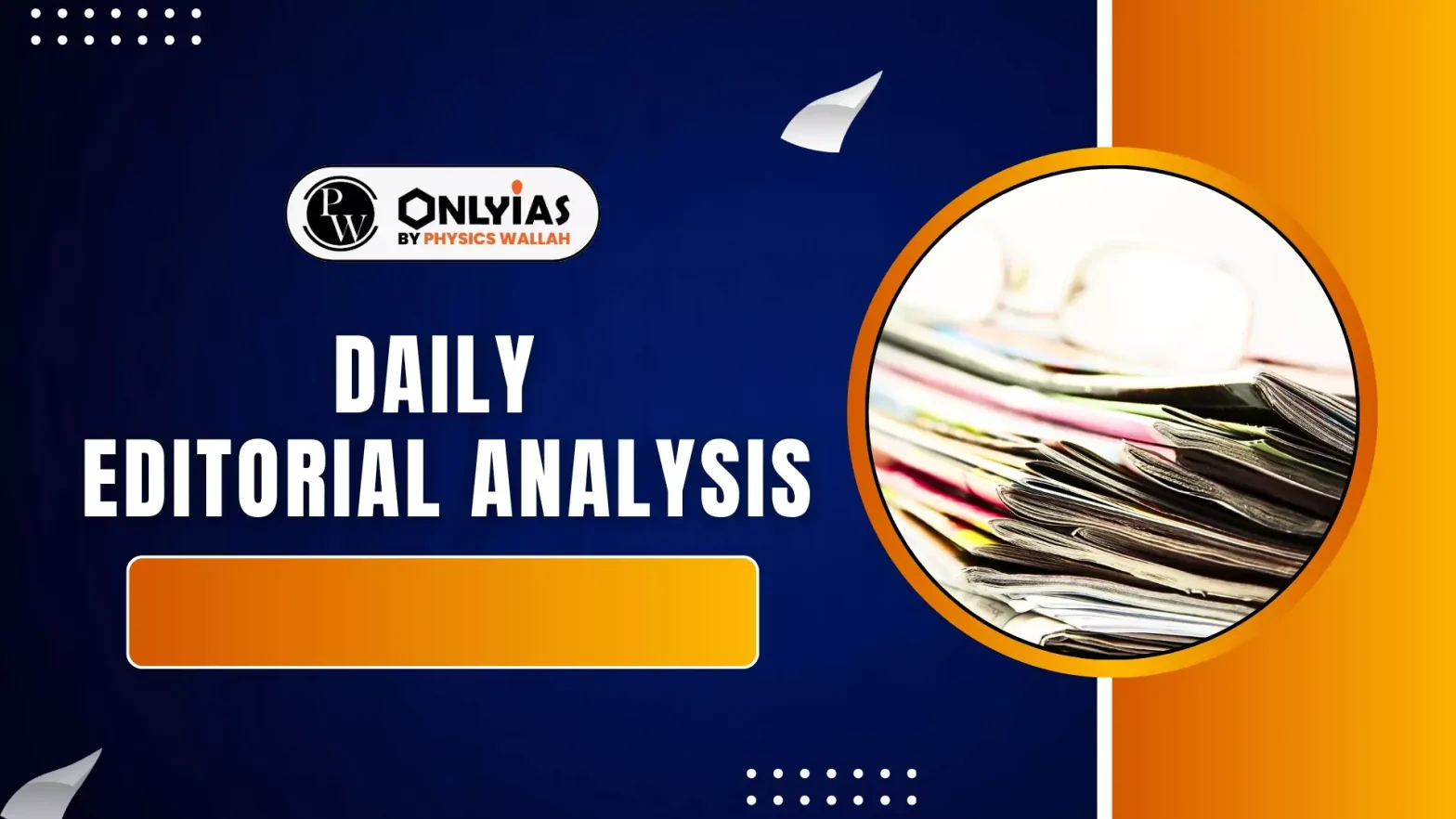![]() 21 Nov 2025
21 Nov 2025

There are concerns whether the rise of one-party dominance post-2014 is weakening federalism in India.
Check Out UPSC CSE Books
Visit PW Store
Federalism is under strain as bodies like the Finance Commission and the GST Council are increasingly viewed as less-than-neutral arbiters. With single-party dominance at the Centre, the States’ bargaining power has weakened significantly.
| Mains Practice |
|---|

<div class="new-fform">
</div>